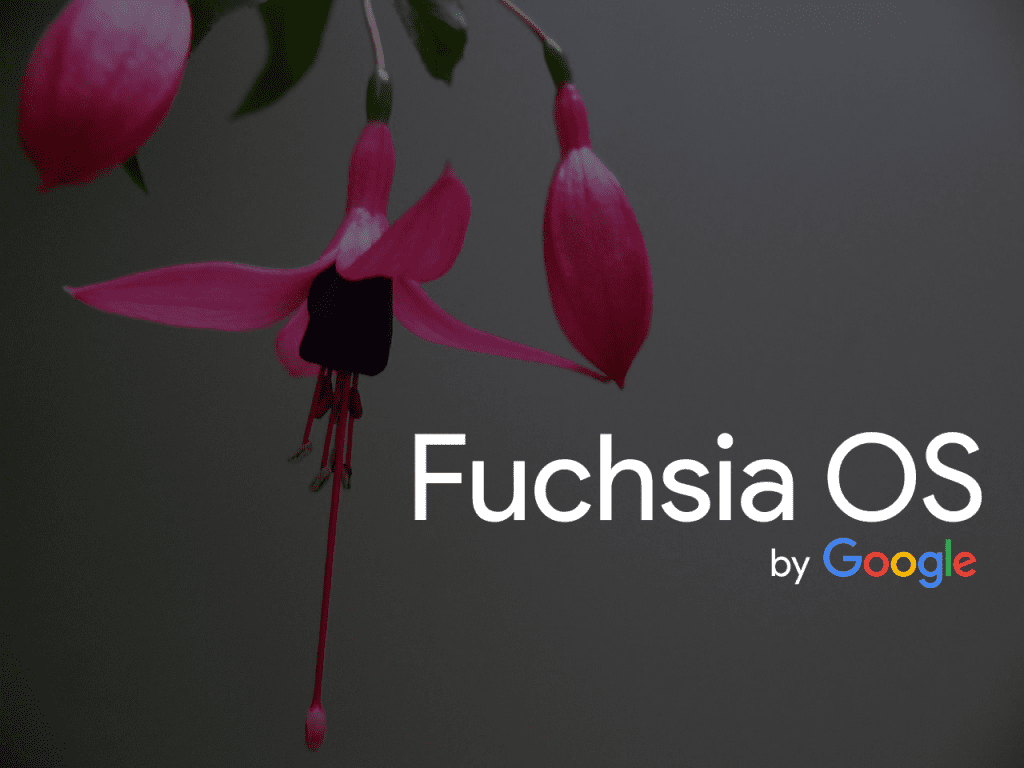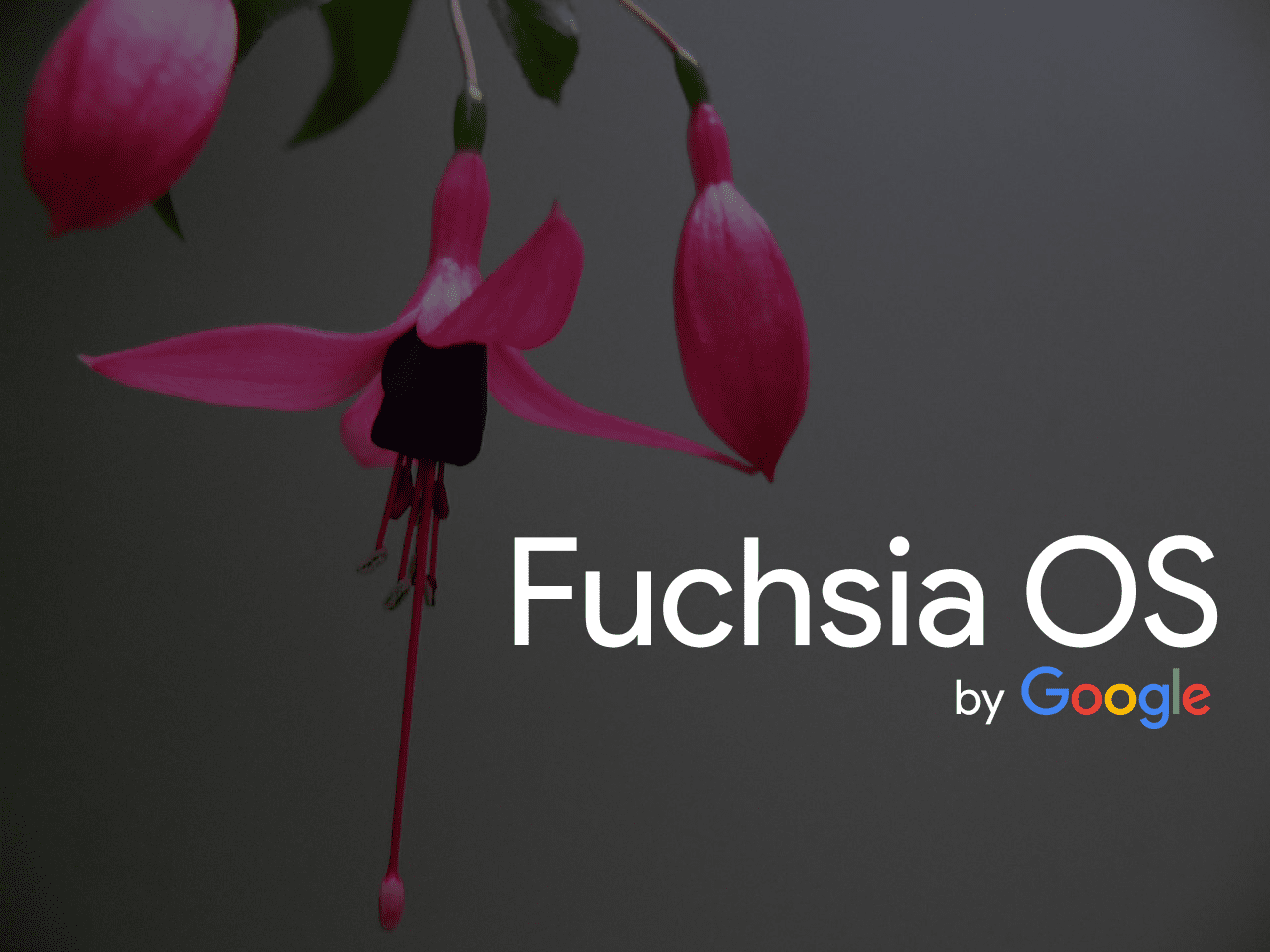Google Inc has been making news about a new OS Fuchsia that would soon replace Android and Chrome OS. Here’s a look at the web demo of the project that has been under development since 2013. Interestingly, the project was first made public in 2016 when the project was released on GitHub but it has also left many wondering whether Google really needs a new Android and whether Fuchsia will be a true successor. Mountain View-based search giant dubbed it as the new Operating System for “modern phones and modern personal computers with fast processors, reduced amounts of RAM with arbitrary peripherals doing open-ended computation”. Meanwhile, Flutter, Fuchsia UI, is already being used by developers and organizations across the globe for developing apps on iOS & Android.
The Bloomberg report indicated that Fuchsia OS is being positioned as a one-stop platform for all Google devices — smart speaker, Chrome OS and Pixel phones. The new OS will be integrated into connected home devices within three years before shifting their focus to bigger devices.
Why Is Google Betting Big On Fuchsia?
- Pocket-lint indicates Google wants to peg Fuchsia as a unifying OS, the single operating system, the company had been mulling since 2015. But at this point, it is just a kernel – the core of an operating system.
- According to Google’s documentation, Fuchsia is aimed at powering the next generation of smartphones and personal computers outfitted with fast processors. The document also states that Fuchsia is not Linux. Instead, it is built on Zircon, which is composed of a microkernel, known as LittleKernel and meant for embedded systems.
- However, the main reason behind Google’s Fuchsia is security –Linux is well over 15 million lines of code for the kernel and Zircon, the Fuchsia kernel, is only tens of thousands. The problem was the performance issues with a microkernel which Google resolved with architectural decisions. Now, Google already has GNU/Linux running in a VM on Fuchsia and the tech giant created the equivalent to Kernel based Virtual Machine and Virtio. Google will move their hosts in the cloud to Fuchsia and customers will use GNU/Linux as the guest.
- Another reason hinted by tech experts is the need to make mobile phones faster. As devices become thinner, semiconductor and tech giants are looking for ways to optimise performance and make batteries run longer.
- Another reason cited on forums is that Google wants to develop a fully-integrated ecosystem of its connected devices, Pixel phones, Home, Chromecast, Pixelbook, tablets and personal computing devices — just like Apple. Developing a new OS would give the company control over code, hardware and licensing. Since Android is Linux-based and is licensed under the GNU General Public License, Android’s source code is open by Google.
- On the other hand, Android is written in Java, C/C++ and the Chrome OS is also a version of Linux. Since the market has changed and processors and phones require a unified OS, Google is positioning Fuchsia as mobile and tablet-centric.
A Way To Battle Microsoft’s Windows Supremacy
Given how reports indicate Fuchsia is a way to be the OS for IoT, it sounds like a good strategy to catch up with Microsoft’s Windows 10 IoT Enterprise which the Redmond-based giant is pushing hard to dominate. Now, Windows is the dominant desktop OS, but Fuchsia will take the battle to tablets and other devices. Microsoft is a known player in the old desktop market, however, the IT bellwether is often panned for missing emerging markets — IoT being one of them.
Interestingly, Microsoft is also working on a bunch of projects, pointing towards its new mobile platform, for example, the Universal Windows Platform and Continuum, this basically enable the apps to resize and formulate the interface for different screen sizes and orientations. Now, Fuchsia OS aims to do something similar — handle portability based on different requirements. If Google can develop a new OS, the market could definitely shift, experts indicate. When Microsoft Windows Mobile failed to take off, they left the field open for Google and Apple. However, Google looks more poised for taking over the mobile market completely than Apple with Fuchsia.
One of the key pillars of Google’s Fuchsia is an OS that is completed entrenched in security, AI and voice control. This wasn’t a part of the mobile OS but in the changing tech world with devices getting slimmer, these features have become extremely relevant. According to a Bloomberg report, Google’s top security personnel is working on the project and the AI tech giant is keen to bring Fuchsia on many different screens as possible.






















